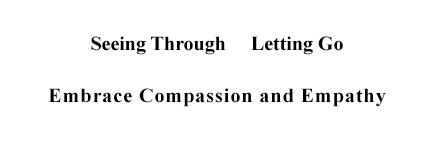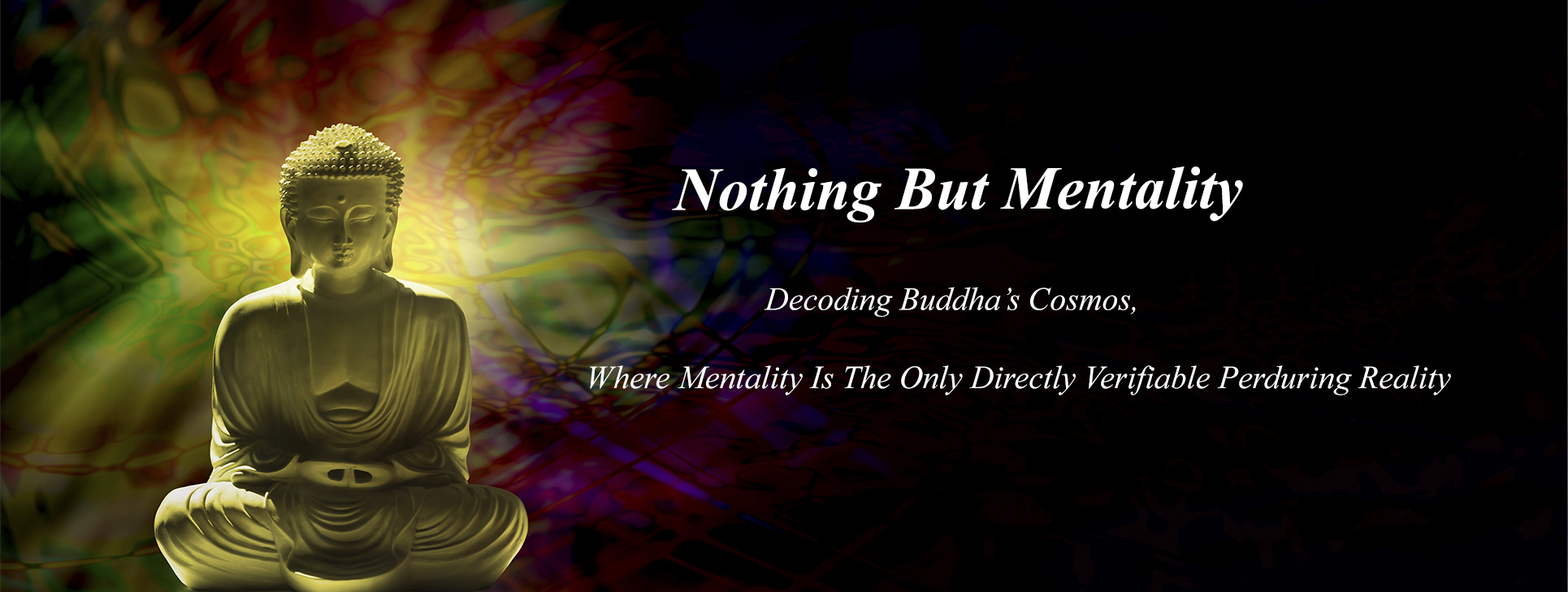23. Epistemology (iii) Inference and Direct Perception
After discussing the use of inferentially connected words as a means of human knowledge and its limitations, in this post, we discuss Buddha’s two means…
22. Epistemology (ii) Kalama Sutta
In this post, we discuss Buddha’s teachings in the Kalama Sutta regarding using word-based knowledge in the search for Truth. Kalama Sutta (Chinese=卡拉瑪經), also known as…
21. Epistemology (i) Inferentially Connected Words
In this post, we start discussing epistemology, a topic fundamental to understanding why Buddhism is unique and why Buddha can teach the Ultimate Reality of…
20. After the Verifications: Realizing the Full Potential
Among the heroes in the pantheon of Chinese mythology, the Monkey King takes a prominent position. Monkey King originated from the novel Journey to the…
19. The Verification of the Two Separate Realms
In this post, we verify Buddha’s teaching that two separate domains exist in the cosmos. One is the Ultimate Reality, which was verified. The other…
18. The Verification of Adventitiousness
In this post, we continue the verification of Buddha’s teachings in Such is the Way of Dharma by confirming the adventitious relationship between the realm…
17. The Verification of Non-Luminosity
In this post, we verify Buddhism’s non-luminosity by comparing it to a domain scientists deem an “empty space is not empty.” According to the host of…
16. The Three Delicate Marks
Having discussed that “neighbor-to Emptiness dust” is equivalent to the scientific epiphenomenon and the precise intersecting point between Buddhism and science, we talk about the…
15. Epiphenomenon, Higgs Boson, and Beyond
Having verified Citta, we verify the remaining doctrines in Such is the Way of Dharma. These include non-luminosity, adventitiousness, and two realms of separate reality….
14. The Verification of Citta (iii) Enlightenment2
In this post, we continue to verify Citta through the enlightenment experiences of two well-known Dharma Masters in China. 1) Dharma Master Hui-Neng We discussed…











